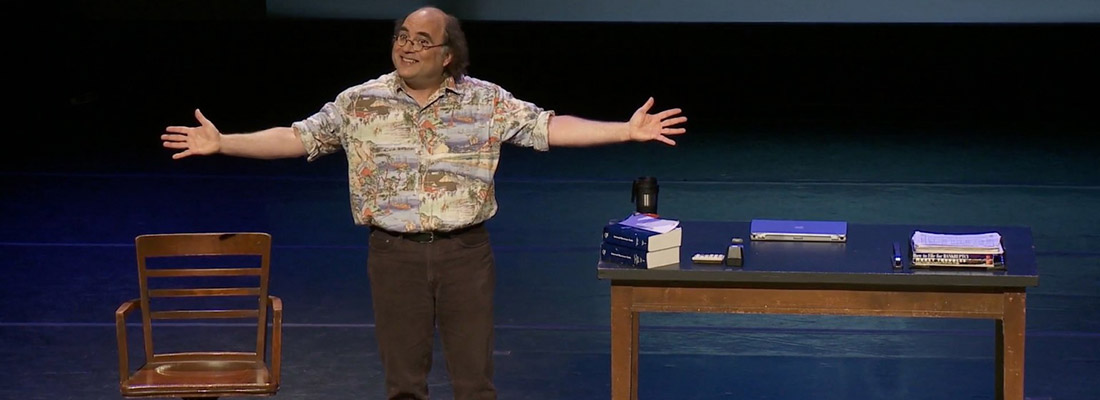 My wife is obsessed with tiffins — stackable metal food carriers used in India and elsewhere. She has told me many things about tiffins — including, I believe, the fact that generations upon generations of “tiffinwallahs” have for years been astonishingly accurate and efficient in delivering people’s lunches to them at work. I recall her telling me that something like billions of lunches have been delivered this way — by tiffinwallahs who are often illiterate, and who indicate what to pack in each tiffin by means of scrawled symbols on the lids — with possibly only one or two ever having been misdelivered. When she speaks of the wonders of the tiffins, and of the tiffinwallahs, her beautiful face lights up with what I suppose you could call tiffinwonder.
My wife is obsessed with tiffins — stackable metal food carriers used in India and elsewhere. She has told me many things about tiffins — including, I believe, the fact that generations upon generations of “tiffinwallahs” have for years been astonishingly accurate and efficient in delivering people’s lunches to them at work. I recall her telling me that something like billions of lunches have been delivered this way — by tiffinwallahs who are often illiterate, and who indicate what to pack in each tiffin by means of scrawled symbols on the lids — with possibly only one or two ever having been misdelivered. When she speaks of the wonders of the tiffins, and of the tiffinwallahs, her beautiful face lights up with what I suppose you could call tiffinwonder.
And though I love her dearly, and spend much of my daydreaming time wishing for her happiness, I must confess that the first time she sent me to pick up to-go food from the nearby Indian restaurant and asked me to bring our tiffins, I was somewhat reluctant. I worried that the people at the Indian restaurant would laugh at me, at least with their eyes. At the same time I realized that this sort of change — going from disposable, or even recyclable, packaging to reusable — was just the kind of thing we should all be doing to save our planet from ruin. A tough choice: Avoid possible embarrassment, or save the planet? My wife reminded me of her concern that hot oily dishes in plastic containers could release carcinogens, and/or cause breasts on men or beards on women, or something. (She reads lots of scary articles online.) So, tremulously, I took a (reusable) shopping bag of clanking tiffins to the Indian restaurant. And they didn’t laugh at me there, not even with their eyes. In fact, the woman at the cash register said she thought the tiffins were cool!
So last night, when for the first time I tried the tiffin thing at a local Thai restaurant, I was feeling guardedly optimistic that our shiny steel containers would be well-received. I ordered, then handed the bag o’ tiffins to the woman at the cash register. A few minutes later I looked up from the Martin Buber book I was reading to see the woman standing in front of me. In halting English she asked me a question, which at first I took to be: “The owner wants to know if we can use baggies.” I started trying to tell her that things would not go well for me if I returned with our food in plastic (using hand gestures to convey the dangers of breasts and beards) — but she persisted in trying to get her message across. Finally I understood: The owner wanted to know what these containers were — “and where can she buy these?” Ah! I told her that tiffins could be purchased at the Ecology Center in Berkeley, among other cool places. She smiled. A few minutes later I was heading back home carrying a bunch of tiffins filled with delicious Thai food, feeling a bit like an honorary (if accidental) tiffinwallah, and basking in tiffinwonder — along with a renewed spark of hope that perhaps we can keep changing, and trying to make things better, if we’re not too terribly afraid.

Great story — thanks, Josh. But I’m sorry to say, we’re all doomed. The hopey-changey thing isn’t working out.
Yikes, Scott!! Well, I guess I will now fill a tiffin with my tears of despair.
Ket’s going to love this posting… she hates those plastic container things, so we never order take out. This is a great solution!
Josh, did you ever read the “Lucia” novels by E.F. Benson? They’re set in England in the 1920s and 1930s and some of the more pretentious characters refer to lunch as “tiffin.” I had no idea the word came from a lunch container, thanks!
No, I haven’t read them, Lynn — what a cool connection. Thanks right back atcha!